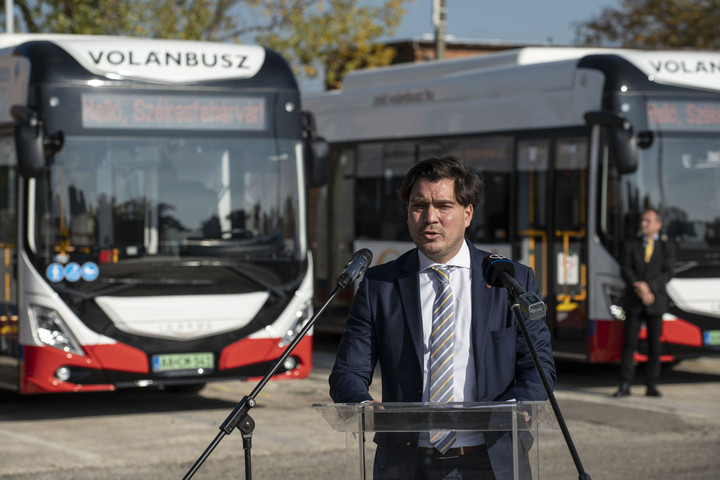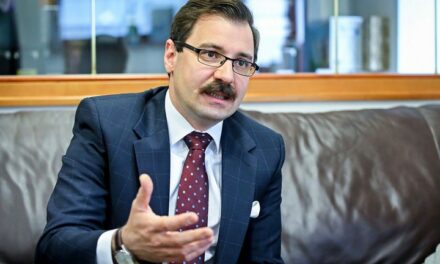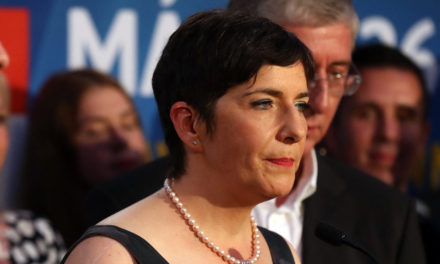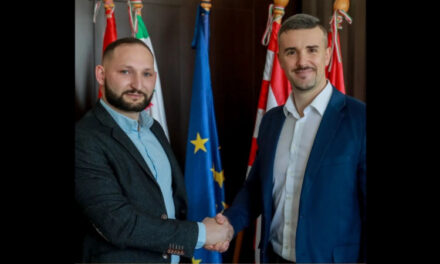The government is committed to the electric bus program, the medium-term plan is to replace more than a thousand buses in local public transport and to introduce electric buses instead, emphasized the state secretary responsible for energy at the Ministry of Technology and Industry (TIM) on Thursday in Székesfehérvár.
Attila Steiner spoke about this at Volánbusz Zrt.'s public press event, where all twelve Ikarus 120e electric buses purchased with the support of the Green Bus Program, which already participate in Székesfehérvár's public transport, were presented. The state secretary pointed out that the operation of electric buses is much cheaper than that of traditional, diesel-powered buses, "a price advantage of approximately HUF 60-70 can be realized in the operation based on previous experience", which is why the government assigns a large role to electric transport in public transport. In addition, they are also better in terms of security of supply, as they can be powered by locally produced electricity and not "fossil fuels imported from far away", he added. Attila Steiner drew attention to the fact that the use of electric buses can significantly reduce local emissions, which is a priority goal in Hungary, since the transport sector is responsible for 20 percent of the total Hungarian emissions and has not decreased since 1997, while during this period the country's total emissions decreased by 34 percent .
András Cser-Palkovics (Fidesz) said that the twelve electric Ikarus buses cost around HUF 1.8 billion, the majority of which was financed by government subsidies. He mentioned that they are ready for further cooperation in this area, either by purchasing new buses or by introducing more and more technological innovations, such as the storage of electricity or the generation of electricity in solar parks.
Balázs Weingartner , the president and CEO of HUMDA Magyar Autó-Motorsport és Zöld Mobilitás-füllüszeti Ügynökség Zrt., drew attention to the fact that the country wants to achieve net climate neutrality by 2050, for which serious efforts must be made now. He believed that one of the important milestones of the road is the greening of the bus fleet in Székesfehérvár, which can serve as an example for all local residents and, he hopes, sooner or later this will be seen in other segments of transport as well.
Vince Kruchina , the president and CEO of Volánbusz, stated that the 12 Ikarus buses covered a total of 110,000 kilometers in local traffic and it is already apparent that their operation is much cheaper, since with diesel buses, this distance would mean HUF 18 million in fuel consumption. He pointed out that electric buses are also about environmental protection and that 140,000 kilograms of carbon dioxide emissions were saved with the dozen buses.
Zoltán Tankó , CEO of Ikarus Global Zrt., emphasized that their buses produce better consumption in city traffic than expected: the vehicles consume 0.9 kilowatt-hours per kilometer, which is an extremely low value even at the international level.
The Ikarus 120e, electric-powered, single-carriage, low-floor, two-axle vehicles are suitable for transporting 30 seated and 55 standing passengers at the same time and can travel up to 300 kilometers with one charge, depending on the weather and road conditions. The air-conditioned buses also have an electronic passenger information system, on-board and driver assistance camera systems.
Source: MH / MTI












